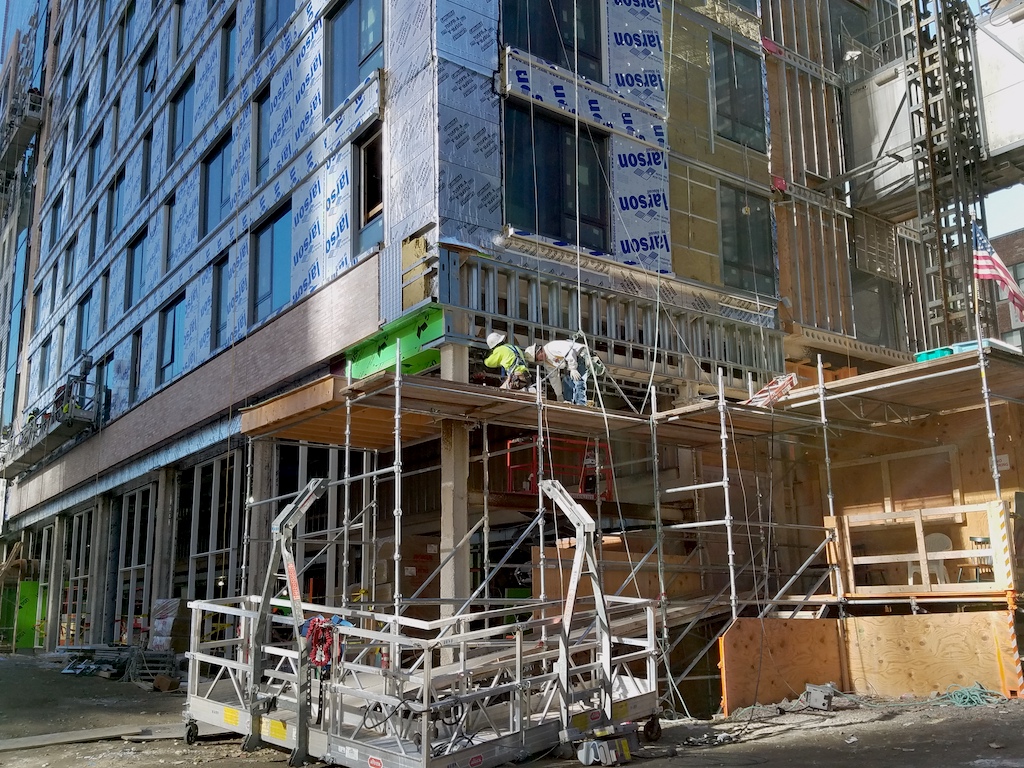What Boston Builders Need to Know About LEED v4
Massachusetts is a major leader in green building, and in 2017 the Commonwealth leapt into first place in the nation with 136 certified construction projects. The Bay State is likely to stay in the top spot for the foreseeable future, thanks to the City of Boston’s municipal codes that mandate all new large-scale projects in the city to meet LEED requirements going forward.
That rule means that it pays for developers to stay apprised of LEED requirements — especially since all projects registering for LEED certification will need to meet updated LEED v4 standards. There’s a whole slew of changes to the code, and you could take an entire course on the subject to be fully trained in everything you need to know. Here’s your brief overview of what to expect:
More Inclusivity
The new LEED v4 system provides ratings for a much wider range of buildings, including schools, warehouses, retail centers and mid-rise residential buildings. The goal is to involve many more construction projects in the process to encourage more environmentally friendly building than ever before.
Building-Level Metering
Each new project will be required to measure whole-building energy use and report results to USGBC. Likewise, building water use will also be metered. While the meters don’t have to be a major expense, the data they provide should be invaluable in making sure buildings operate to their best capacity.
Renewable Energy Production Credits
This credit allows developers to claim more points for renewable energy, including community-wide renewable energy systems with a 10-year lease.
Flexible Outdoor Environments
There are also more ways to get credits for outdoor habitats, and the new regulations are designed to encourage a more holistic approach to the landscape. In particular, you can earn credits for restoring habitat on your own property or elsewhere in the community if you don’t have the space.
In general, the changes in LEED are designed to make it easier for developers to participate — and that’s great news for Boston builders looking to meet new city codes and engage in sustainable, green building projects in the years to come.

